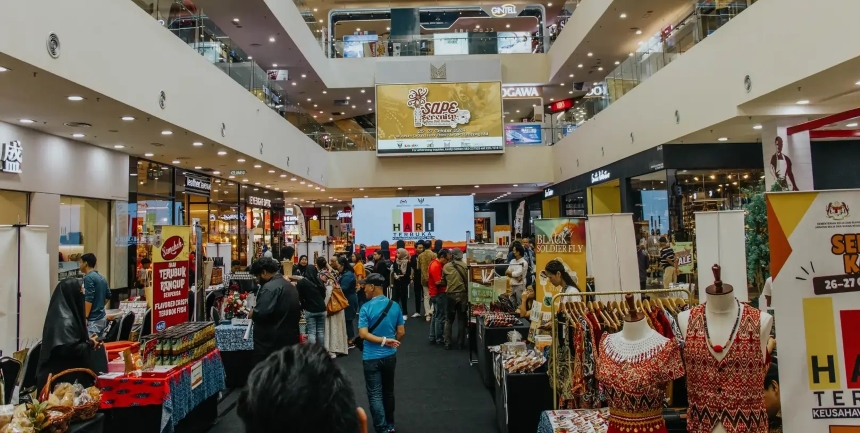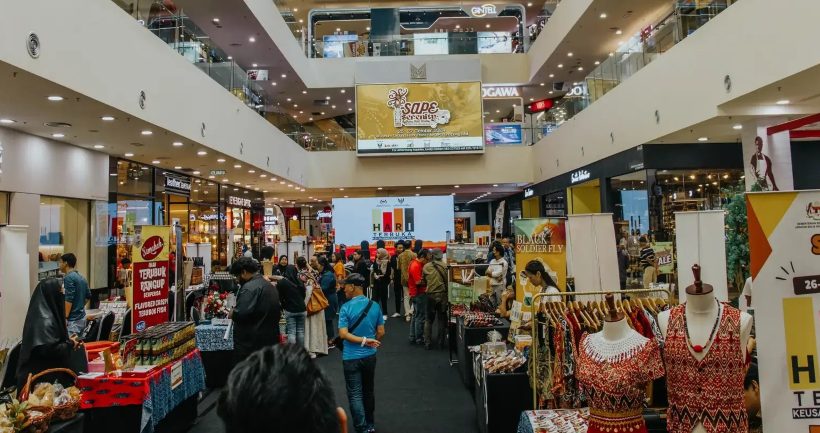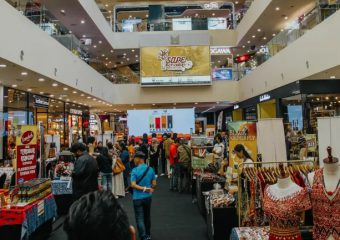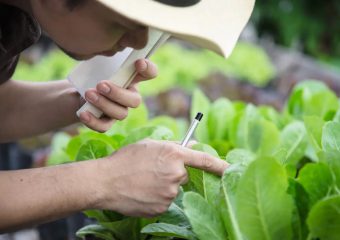Other than a series of panels discussing topics surrounding social entrepreneurship, HTKSB features multiple stalls of various accredited social entrepreneurs selling their wares and sharing words about their causes
Jabatan Belia dan Sukan Negara (JBSN) recently hosted the Hari Terbuka Keusahawanan Sosial Belia (HTKSB) at Plaza Merdeka on October 26-27, 2024.
This pioneering event introduced the concept of social entrepreneurship to Sarawak’s youth, providing aspiring social entrepreneurs with insights, resources, and networking opportunities. Led in collaboration with bodies the Ministry of Youth, Sports and Entrepreneur Development Sarawak (MYSED), Sarawak Digital Economy Corporation Berhad (SDEC) and Chamber of Social Entrepreneur Development (CSED), HTKSB aimed to align with the Malaysian Social Entrepreneurship Blueprint 2030 (SEMy2030) in cultivating a community-driven business culture.
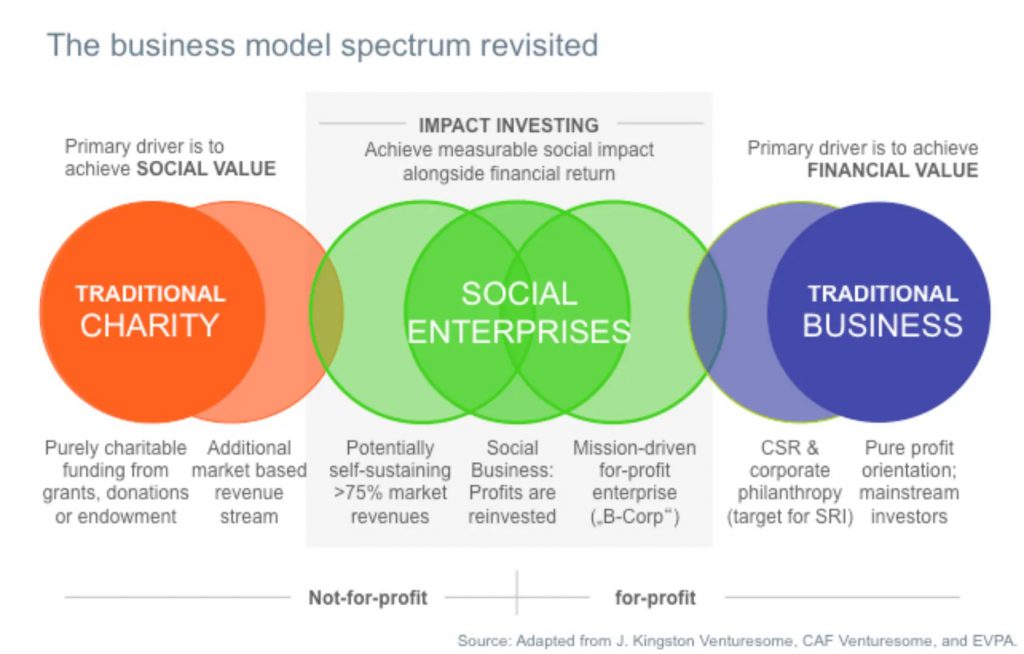
Sarawak’s Social Entrepreneurship Landscape: Nurturing Innovation with Purpose
In Malaysia, there are currently 444 accredited social enterprises, with over 1,000 awaiting certification. In Sarawak, only 68 social enterprises are accredited in SEMy2030 Database (INSKEN) as of 2024, and many more remain unregistered or unrecognised, largely due to the nascent awareness of social entrepreneurship.
Despite the slow growth of Sarawak’s social entrepreneurship scene, it is largely fueled by community-oriented individuals who are passionate about driving social and environmental impact while remaining financially sustainable. Recent studies show that a majority of Sarawak’s social enterprises (SEs) operate as micro-enterprises, often with fewer than five permanent staff and an annual sales turnover of under RM300,000. Despite these modest beginnings, social entrepreneurs in Sarawak are setting out to solve challenges that directly affect their local communities. These range from indigenous cultural preservation and agricultural initiatives to enhancing educational access and environmental sustainability.
What sets Sarawak’s SEs apart is their deep-rooted connection to their communities and their unique approach to addressing critical regional issues. Nearly nine out of ten social entrepreneurs are actively working to address challenges specific to Sarawak’s rural and indigenous communities. For instance, many SEs focus on providing decent work and education opportunities, while others strive to preserve the state’s arts and cultural heritage. This commitment is significant in a region where preserving tradition and promoting sustainability often go hand-in-hand.
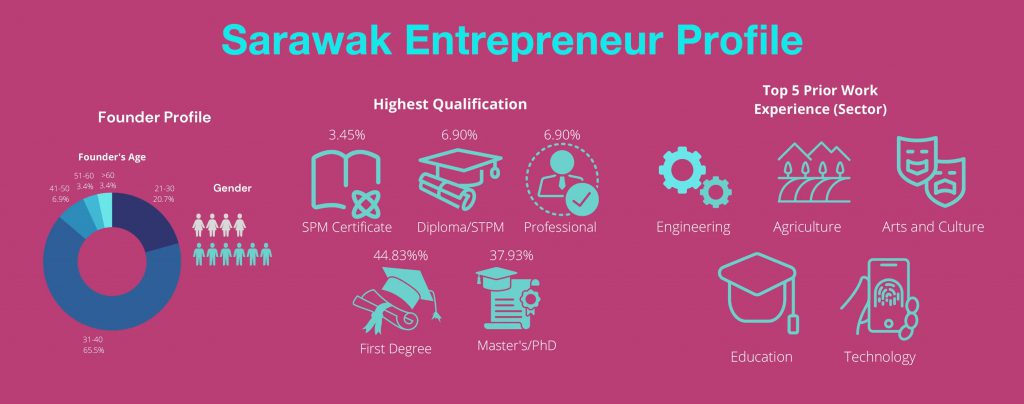
Bridging Gaps and Recognising Potential of Sarawakian SEs
However, Sarawak’s social entrepreneurship ecosystem faces challenges that can stifle growth. These include limited funding opportunities, restricted market access (particularly in rural areas), and logistical hurdles due to poor internet coverage and limited road access.
Government support has been present but somewhat limited, as SEs often encounter barriers in navigating available state-level support, understanding procurement opportunities, and accessing centralised guidance. Additionally, corporate sector involvement remains minimal, which limits access to technical expertise and infrastructure support for early-stage SEs. The path to scaling up has been further complicated by the COVID-19 pandemic, which highlighted gaps in funding, market reach, and talent acquisition.
Despite these challenges, many Sarawakian SEs have persisted through a combination of awards, government-led programs, and international fellowship opportunities, which offer much-needed skills development and network expansion. In fact, over 80% of SEs in Sarawak consistently collect impact data, proving their commitment to transparent reporting and accountability.
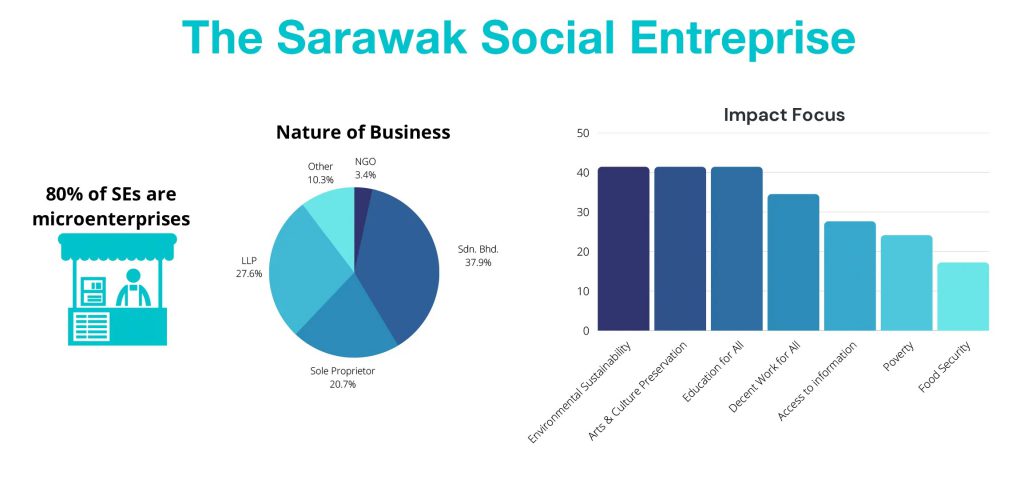
Catalysing Social Entrepreneurship through HTKSB
In recognition of the sector’s potential and the unique challenges faced by social entrepreneurs in Sarawak, HTKSB was organised to introduce the community, particularly young people, to the benefits and opportunities in social entrepreneurship. By creating a platform that allows existing social enterprises to showcase their work and by facilitating knowledge exchange with experienced SEs and government bodies, HTKSB hopes to strengthen the ecosystem and inspire more youth to consider social entrepreneurship as a viable career path.
According to Puan Hartini binti A. Jabbar, Director of the Economic Development Branch at JBSN, HTKSB is the first event of its kind in Sarawak to emphasise social entrepreneurship rather than conventional business models. She highlighted that the concept remains relatively new within the region, yet it holds immense potential for Sarawakian youth.
“The creativity among Sarawakian entrepreneurs is undeniable, and with the right knowledge, they can make significant contributions to their communities while achieving financial sustainability,” she explained.
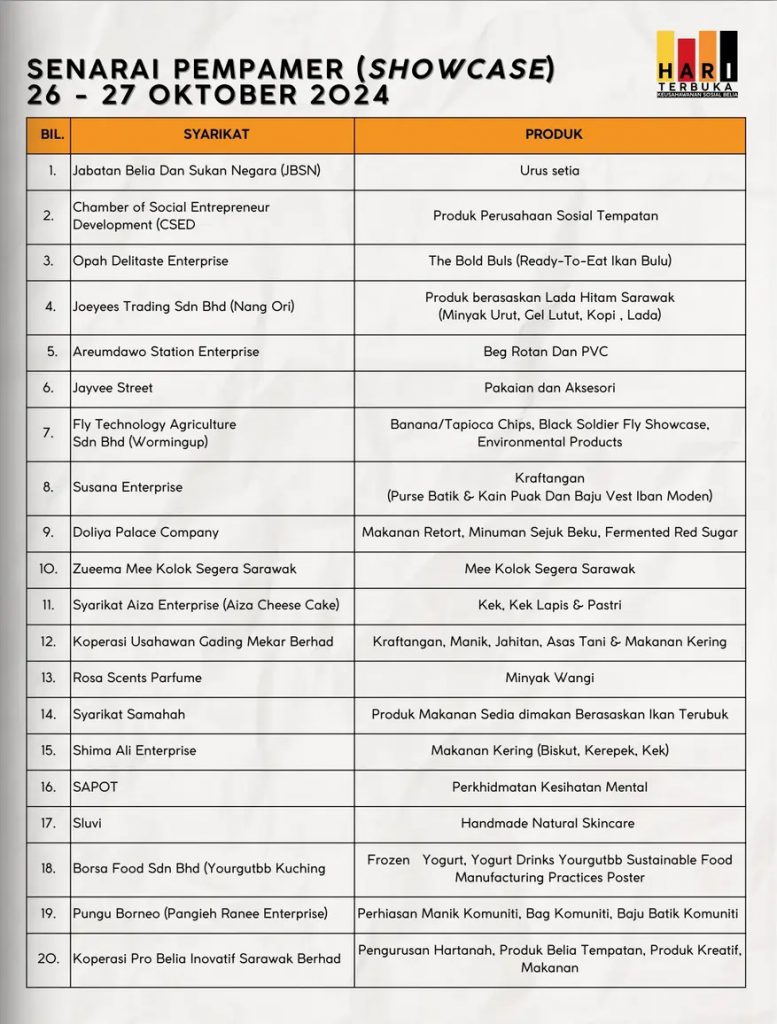
Enlightening Topics and Discussions
The event’s objectives were clear: to raise awareness about social entrepreneurship and its role in solving societal issues, inspire youth involvement, provide a platform for collaboration with established social enterprises, and identify local talents and project ideas.
As such, HTKSB was structured as a mix of forums, workshops, and showcases, allowing youth to engage directly with government agencies, social entrepreneurs, and funding bodies. Beyond showcasing products and initiatives, the event encourages dialogue on pertinent issues, such as accessing financial support, overcoming challenges in procurement, and creating impactful social business models.
The forums and discussions within HTKSB also highlight the vital role social enterprises play in advancing Sarawak’s major development goals, such as environmental sustainability, poverty alleviation, and education. The event’s collaborative structure allowed participants to interact with established social enterprises and agencies, fostering a robust ecosystem for Sarawak’s budding social entrepreneurs.
Notably, Puan Hartini emphasised the importance of “patience, continuous learning, and a community-focused approach” as vital skills for social entrepreneurs. As the field develops, HTKSB aims to inspire more youth to take up social enterprise initiatives.
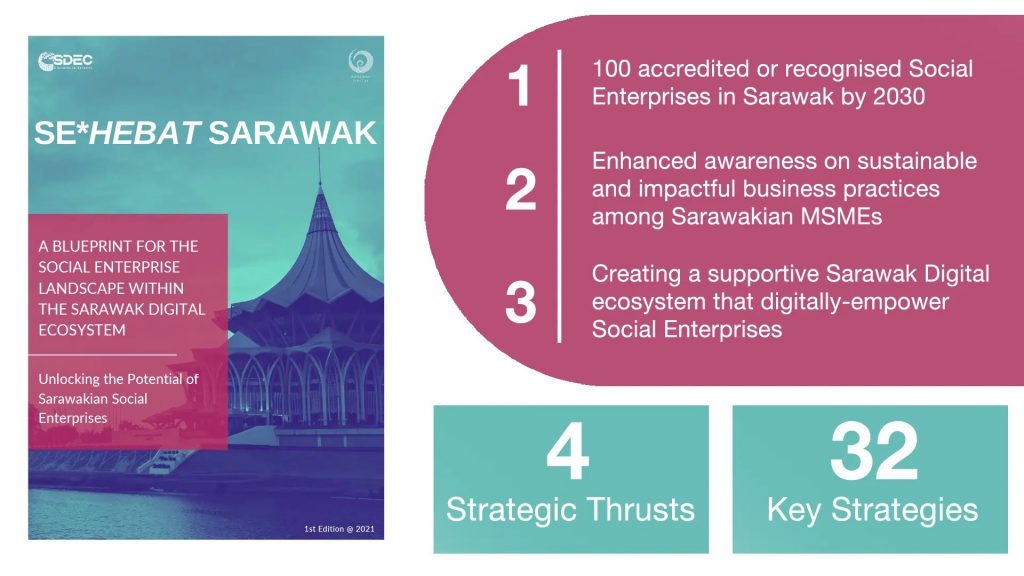
Future Plans and Expansion of HTKSB
This event is set to have a continuation in early 2025, focusing on in-depth training sessions for aspiring social entrepreneurs. While the October event served primarily as an introduction and promotional platform, Puan Hartini disclosed that the next program would involve formal registration for training, empowering participants to transform their ideas into sustainable ventures.
Conclusion
HTKSB marks an essential step in Sarawak’s journey toward establishing a vibrant social entrepreneurship sector. Through this initiative, Sarawakian youth are given the tools, knowledge, and networks to address local issues through sustainable business models, aligning with Malaysia’s SEMy2030 goals. For Sarawakian youth, HTKSB opens the door to creating impactful, community-driven businesses that balance financial viability with positive social change.

References
- SEHebat Sarawak: A Blueprint for the Social Enterprise Landscape Within the Sarawak Digital Ecosystem — Unlocking the Potential of Sarawakian Social Enterprises
